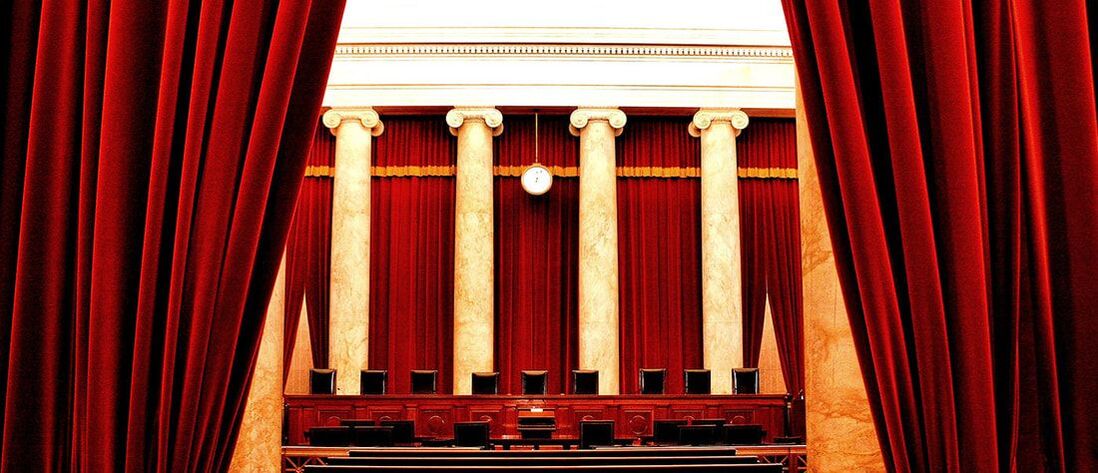|
In a case testing the limits of warrantless entry, liberal and conservative justices of the U.S. Supreme Court on Wednesday posed questions to counsel that kept returning to the durable guidance of the Fourth Amendment.
In Lange v. California, a California Highway Patrol officer had observed Arthur Gregory Lange commit a minor traffic offense. The officer flashed his lights at the entrance to Lange’s driveway while Lange, possibly unaware of the officer, entered his garage. The officer then entered Lange’s garage without a warrant. The core issue the court considered: Is a police officer’s pursuit of a person suspected of a misdemeanor enough of an “exigent circumstance” to justify a warrantless entry? Several Supreme Court justices seemed concerned that a new, looser standard would deviate from the Fourth Amendment. They were skeptical that a new standard, perhaps one separating felonies from misdemeanors, would even work as a national standard, given that states define criminal categories so differently.
“Why would we create a rule that is less protective than what everyone understands to be the case of the Fourth Amendment as [an] original matter? Why would we adopt a rule we know is wrong as an original matter? … I don’t know why we would adopt a rule that’s less protective than the original meaning.”
Considerations of rabbits and driving violations may make the issue seem arcane. Adam Forester Griffin and Josh Windham in a Federalist blog see the core issue: “The question of when and how police may enter our homes strikes at the core of American liberty. It was on the Founding Fathers’ minds when they rallied a nation to revolution. It’s on many of our minds today following the tragic shooting of Breonna Taylor in her Louisville apartment. And it’s a question the Supreme Court is poised to address yet again this term in an important Fourth Amendment case called Lange v. California.” Comments are closed.
|
Categories
All
|


 RSS Feed
RSS Feed